Dental treatment under sedation
Sedation (medicated sleep) facilitates the treatment process in dentistry. This method involves the use of anesthetic drugs that temporarily block the activity of areas of the brain associated with anxiety. This allows the patient to quickly relax and enter a light sleep. His consciousness remains intact.

specialists

equipment

treatment
Benefits of dental treatment “in your sleep”
Medical coma (treatment “in a dream”) allows the doctor to quickly and effectively work with adult and small patients. In particular, this applies to those who experience fear, anxiety and other negative feelings associated with dental treatment. Taking into account the fact that the doctor does not have to be distracted to calm the person, this allows for a better result of dental treatment.
In an induced coma, several dental procedures can be performed simultaneously. This reduces the total time and number of clinic visits.
Therefore, dental treatment under sedation is especially convenient in cases where a person is undergoing complex surgery. For example, this is relevant when removing wisdom teeth and complex rehabilitation of the mouth.

Answers to popular questions
Specialists at the K+31 center will answer the most popular questions about dental restoration under medicated sleep in adults and children.
How long does a sedation session take and how much does it cost?
Can sedation be used in children?
Nitrous oxide is commonly used in pediatric dentistry. This helps make the dental restoration process less stressful for the child.
According to parents, children who underwent dental restoration under an artificial coma retain a positive attitude towards visiting the dentist in the future.
Is it possible to treat teeth with focal epilepsy under sedation?
Is it dangerous to drive after sedation?
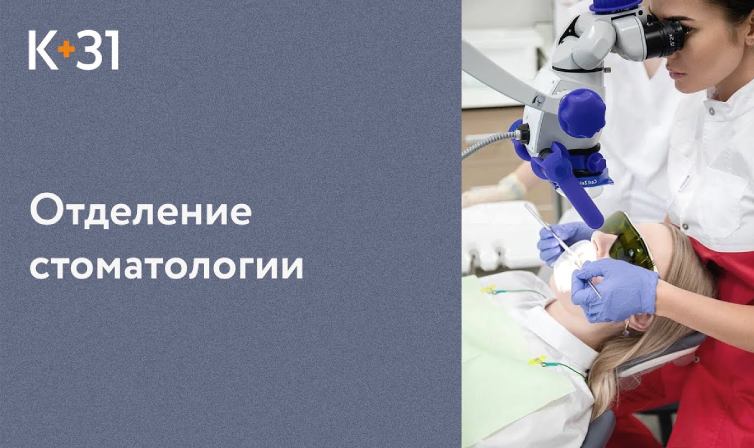
Modern methods of diagnostics and dental treatment at "K+31"
Our doctors

This award is given to clinics with the highest ratings according to user ratings, a large number of requests from this site, and in the absence of critical violations.

This award is given to clinics with the highest ratings according to user ratings. It means that the place is known, loved, and definitely worth visiting.

The ProDoctors portal collected 500 thousand reviews, compiled a rating of doctors based on them and awarded the best. We are proud that our doctors are among those awarded.
Make an appointment at a convenient time on the nearest date
Price
Services

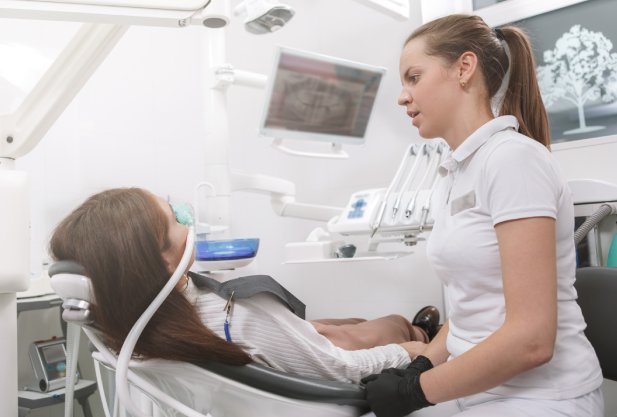
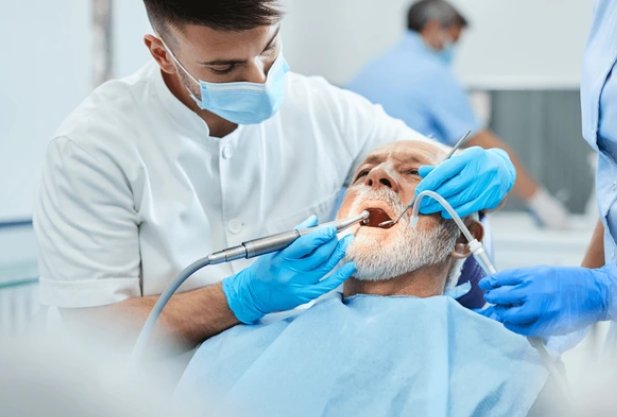

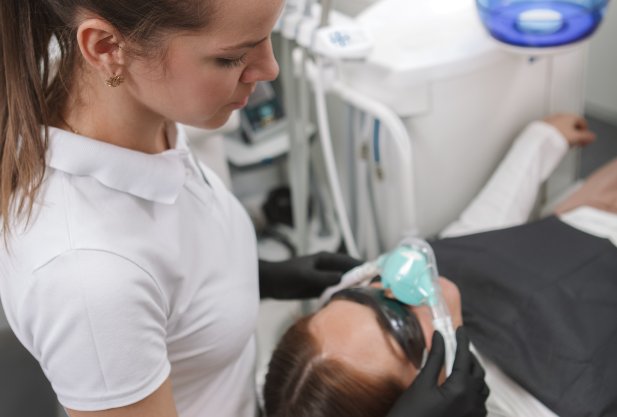

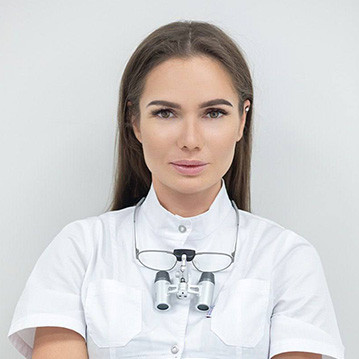



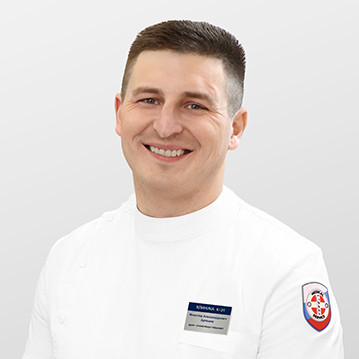

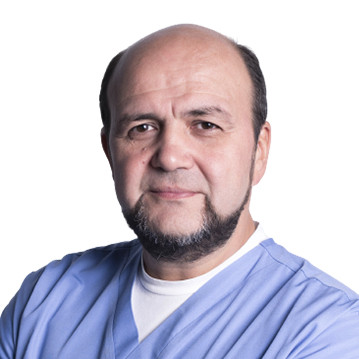




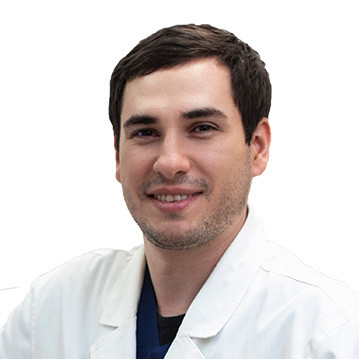












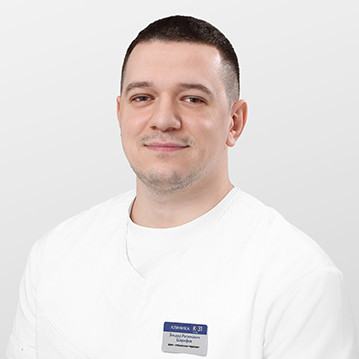
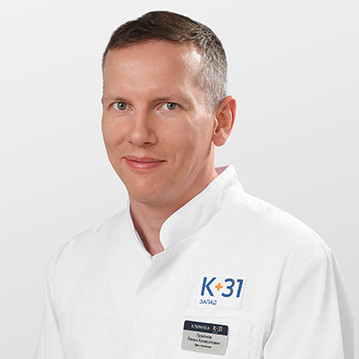









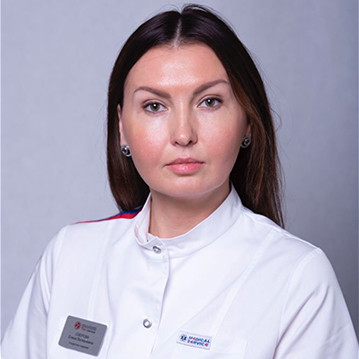









What is sedation in dentistry?
Medicated sleep is used to make patients feel more comfortable during dental procedures.
When a person is in a medically induced coma, he is not completely asleep, as during general anesthesia. At the same time, he does not feel much anxiety or fear, but he hears and sometimes answers the doctor’s questions. His perception of pain and the environment is noticeably reduced. This helps him remain calm even during complex and lengthy procedures.